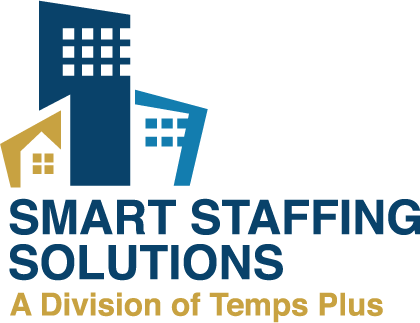Sometimes meetings can feel like a waste of time — and they can be if management doesn’t plan for them. We’ve compiled a list of 5 tips for ensuring that you and your team get the most out of your meetings.
1. Schedule Meetings in Advance
If you regularly call impromptu meetings, you may not be making the most of everyone’s time. Spontaneous discussions distract your team from their regular tasks and don’t give them any time to prepare. They’ll likely pop into the meeting not knowing what you want to discuss or how to answer your questions.
If an issue arises that needs immediate attention, send an email to the appropriate employees instead. Tell them your concerns and that you plan on scheduling a meeting to talk about them. Give your team half a day to prepare for the discussion and longer if it concerns complex topics.
2. Provide Agendas for Your Meetings
The most unsuccessful meetings tend to be unscripted and without a spelled-out goal. They usually start with a few questions from the manager, but the employees don’t have the information they need to respond clearly.
In the worst-case scenario, a meeting without an agenda devolves into a long, meaningless conversation that takes time away from everyone’s busy workday.
Instead of scheduling meetings with little more than a topic, provide an outline of the concerns you want to discuss. If appropriate, assign employees to lead certain aspects of the meeting.
3. Keep Your Meetings to 30 Minutes or Less
There are a few reasons why no meeting should last longer than half an hour. Most people lose focus once a discussion drifts into hour-long territory. If your sessions are even longer, like two hours, you risk losing everyone’s attention to their dinner plans or what they’d like to do over the weekend.
While 30 minutes may sound short, it encourages everyone to stay on topic and be concise. You can move from one issue to another, and the shorter schedule leaves less room for irrelevant conversation.
4. Report Key Decisions and Action Items Resulting from the Meeting
Asking someone in the meeting to record essential points is critical. It ensures that there’s a written record everyone can refer to later. Notes from the session don’t need to be lengthy; instead, they can just highlight critical action items and comments from the participants.
Once the notes are available, ask the recorder to send them to everyone who attended the meeting.
5. Take Time to Summarize the Meeting
Leave a few minutes in the meeting for closure. Repeat any important topics that your team should remember. If there are open items that individuals need to address, make sure they fully understand what they’re responsible for and when you expect answers.
Summarizing your meeting only takes a few minutes but helps employees recognize their next steps.
Smart Staffing Solutions Can Help You with Your Employee Needs
Smart Staffing Solutions connects companies in the new home sales, homebuilding, and property management industries with qualified talent. Our recruiting staff acts as your personal human resources and people management department, locating skilled individuals to fill your open roles. Contact us today to place an order.

